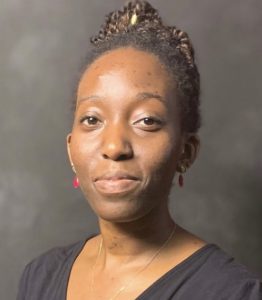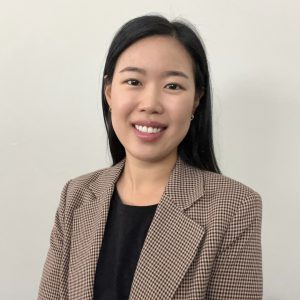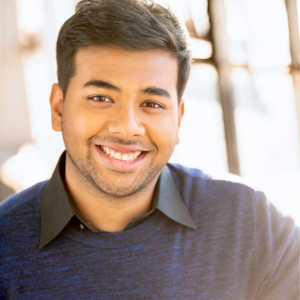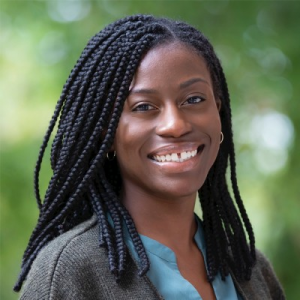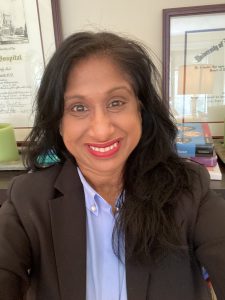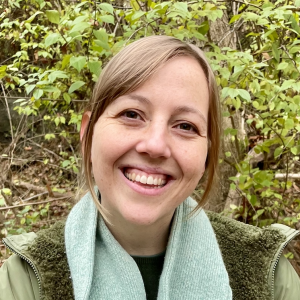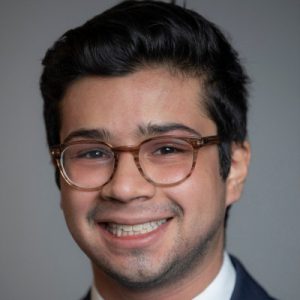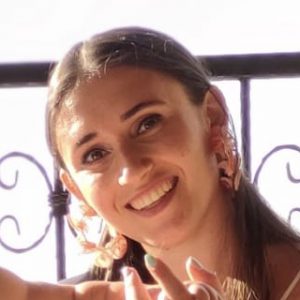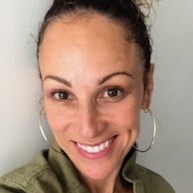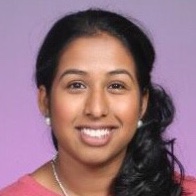When the pandemic hit in March 2020, millions of people’s job descriptions changed overnight as the world turned their focus on fighting the COVID-19 virus. Charlene Kaloki was one of those people.
At the time, Charlene was working in community relations at a community health clinic in midtown Manhattan. Then, she turned her focus on COVID-19; first testing, and, later, vaccines. She jumped into action, working with communities and colleagues to push for new ways to connect patients to services.
Charlene’s career path indicates an interest in health systems and the individuals receiving care within them. After majoring in public health in college, Charlene became a medical scribe. Interested in more systemic changes for the patients she met in the hospital, she moved on to community health.
During and before the pandemic, she recognized effective communication as a critical gap. “There has to be a better way of doing these things,” she thought, as she began searching for graduate programs. She was excited when she came across the CUNY HC4SC program because it fit her needs perfectly.
Entering her final semester, Charlene has spent her time at CUNY SPH diving into topics that interest and inspire her. Her focus in the Multimedia Production class has been social marketing strategies to improve environmental health and promote sustainable practices around textile waste. She is also making plans for what’s next in her career. Using skills she’s gained in the program, Charlene is interested in creating programs that actively and continuously integrate data and community input.

